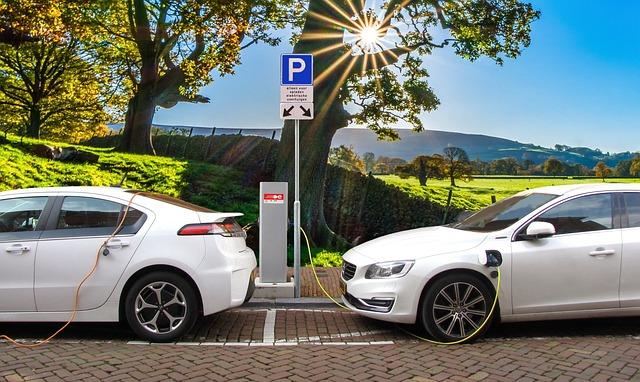Introduction
Next-Gen Green Tech explores the latest advancements in eco-friendly technology and its impact on sustainability. This article delves into key areas such as renewable energy, smart buildings, electric vehicles, and waste management, highlighting how innovation is driving a cleaner and greener future.
Renewable Energy
In the realm of renewable energy, solar panels

(Image: Pixabay/@jniittymaa0)

(Image: Pixabay/@강춘성)
Bioenergy and geothermal power are also gaining traction as sustainable options for powering homes and businesses. Innovations in energy storage, such as advanced battery technologies, are further enhancing the reliability and efficiency of renewable energy systems.
Smart Buildings
Smart buildings integrate cutting-edge technology to optimize energy consumption and enhance occupant comfort. From intelligent lighting systems

(Image: Pixabay/@geralt)
Sensor networks and data analytics play a crucial role in monitoring and optimizing building performance, leading to reduced energy waste and lower operational costs. The concept of smart cities extends this idea to urban environments, fostering sustainability at a larger scale.
Electric Vehicles
The rise of electric vehicles (EVs)

(Image: Pixabay/@Joenomias)
From electric cars to e-bikes, this shift towards electrification is driving a significant reduction in greenhouse gas emissions from the transportation sector. Governments and automakers are increasingly investing in EV development to accelerate the transition to cleaner mobility solutions.
Waste Management
Effective waste management is essential for promoting sustainability and combating environmental pollution. Recycling programs

(Image: Pixabay/@stux)
Circular economy principles advocate for the reuse and repurposing of materials to minimize waste and reduce the extraction of finite resources. Innovations in waste sorting technologies and sustainable packaging solutions are further advancing the goal of achieving a zero-waste society.
Conclusion
Next-Gen Green Tech represents a promising path towards a more sustainable future. By embracing eco-friendly innovations in renewable energy, smart buildings, electric vehicles, and waste management, we can collectively work towards a greener and cleaner planet.
FAQs
What are the benefits of green technology?
Green technology offers numerous benefits, including reduced environmental impact, lower energy costs, enhanced resource efficiency, and improved quality of life.
How can individuals contribute to green technology adoption?
Individuals can support green technology adoption by choosing renewable energy sources, practicing energy conservation, reducing waste, and advocating for sustainable policies.

